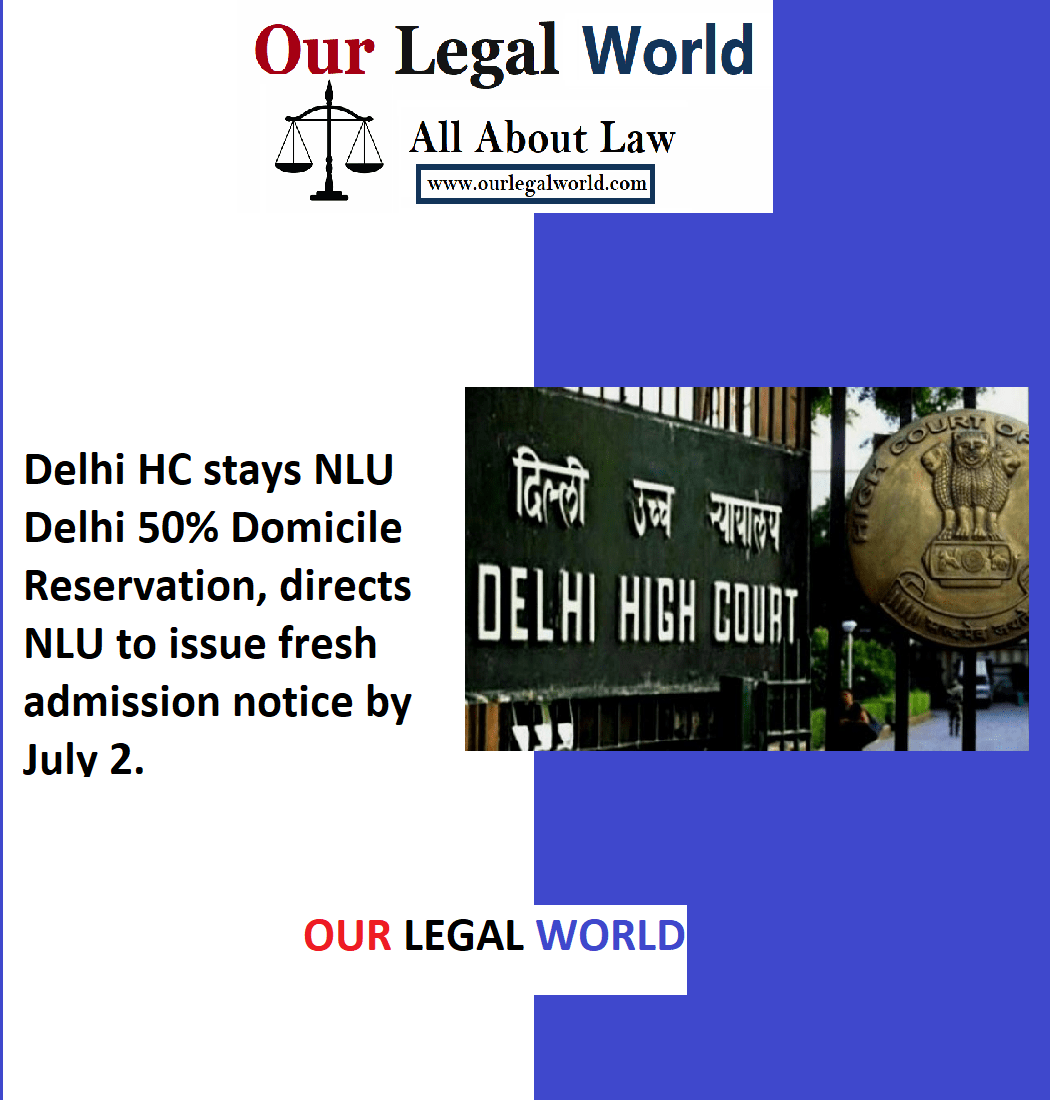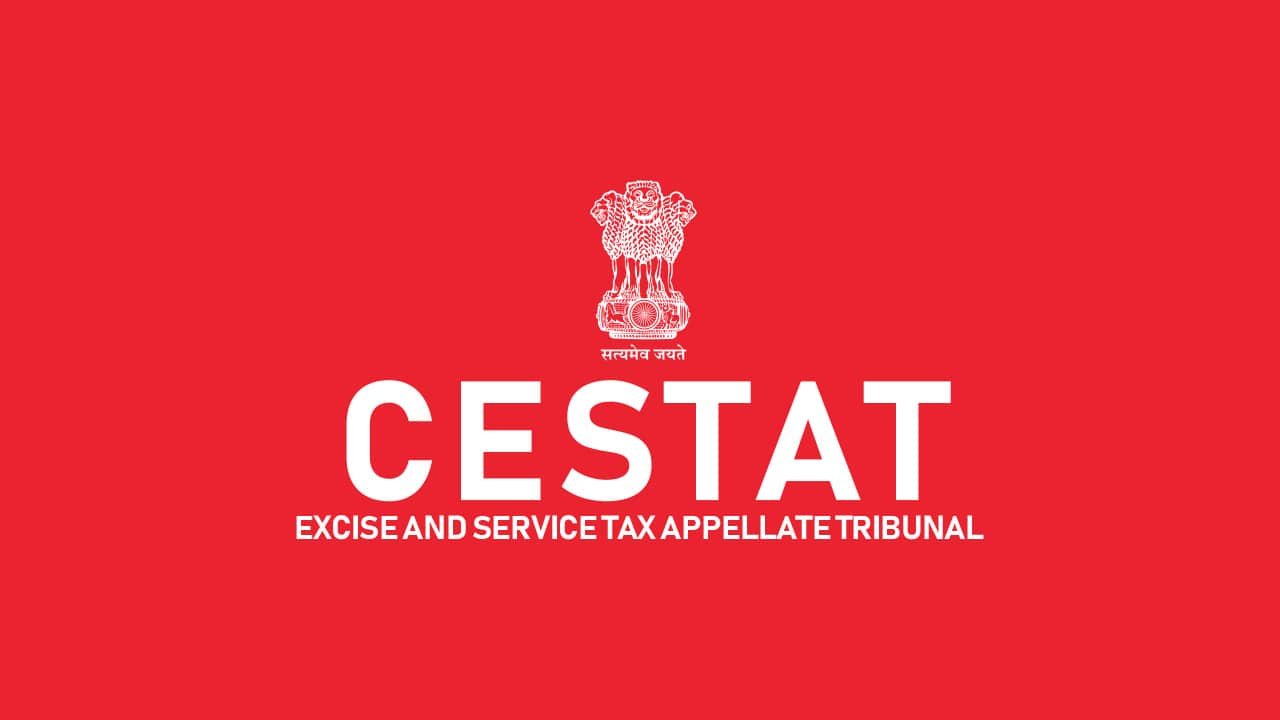Supreme Court Weekly Updates 8-12 July 2019
1. Robin Thapa v. Rohit Dora
Adjudication / Litigation – Ordinarily, a litigation is based on adjudication on the merits of the contentions of the parties. Litigation should not be terminated by default, either of the plaintiff or the defendant. The cause of justice does require that as far as possible, adjudication be done on merits.
2. Hande Wavare & Co. v. Ramchandra Vitthal Dongre
Agricultural Produce Marketing (Development and Regulation) Act, 1963 (Maharashtra) – Section 52B.
3. Shiv Darshan Singh v. Rakesh Tiwari, Director General, Archaeological Survey of India
Ancient Monuments and Archaeological Sites and Remains Act, 1958 – Sections 2 (a), 3 and 38 – Ancient Monuments and Archaeological Sites and Remains Rules, 1959 – Rules 31, 32 and 33 – “ancient monument” – “prohibited area” – “regulated area” – “repair and renovation” – Power to make rules – Notice or intention to declare a prohibited or regulated area – Declaration of prohibited or regulated area – Effect of declaration of prohibited or regulated area – Declaration of prohibited area and carrying out public work or other works in prohibited area – Declaration of regulated area in respect of every protected monument.
4. Nirmal Software Services Pvt. Ltd. v. Babasaheb Ambedkar Marathwada University
Arbitration and Conciliation Act, 1996 – Section 12 – Appointment of Sole Arbitrator – Seat / Place of Arbitration – Declarations with respect to independence and impartiality and the ability to devote sufficient time to complete the arbitration – Pay fees to the Arbitrator in accordance with the Fourth Schedule as amended.
5. Pam Developments Private Ltd. v. State of West Bengal
Arbitration and Conciliation Act, 1996 – Section 36 – Enforcement – Mere reference to CPC in Section 36 cannot be construed in such a manner that it takes away the power conferred in the main statute (i.e. Arbitration Act) itself.
6. Graphites Private Limited v. State of Telangana
Binding Precedent – Brief Judgment would make no difference.
7. Pam Developments Private Ltd. v. State of West Bengal
Code of Civil Procedure, 1908 – Order XXVII Rule 8A – No security to be required from Government or a public officer in certain cases – the provision which was incorporated in the year 1937 during the British Raj, giving certain safeguards to the Government (which was then the British Crown) would not be applicable in today’s time, when we have a democratic Government.
8. Peerless Gen.fin and Investment Company Limited v. Commnr. of Income Tax
Income Tax Act, 1961 – Whether receipts of subscriptions in the hands of the assessee-Company for the previous years relevant to the assessment years 1985-86 and 1986- 97 should be treated as income and not capital receipts inasmuch as the assessee has in its books of accounts shown this sum as income – Held, The “theoretical” aspect of the present transaction is the fact that the assessee treated subscription receipts as income. The reality of the situation, however, is that the business aspect of the matter, when viewed as a whole, leads inevitably to the conclusion that the receipts in question were capital receipts and not income.
9. Pratap Singh @ Pikki v. State of Uttarakhand
Juvenile Justice (Care and Protection of Children) Act, 2000 – Section 2 (k) – Juvenile Justice(Care and Protection of Children) Rules, 2007 – Rule 12 – Procedure to be followed in determination of age – the committee constituted has been entrusted to hold inquiry by seeking evidence in support of the respective claim has to first consider if there is a matriculation certificate available, in the first instance. In absence thereof, the date of birth certificate from the school (other than the play school) first attended; and in absence, the birth certificate given by the Corporation or a Municipal Corporation or a Panchayat in the descending form has to be considered as the basis for the purpose of determination of age of the juvenile.
10. Chief Regional Manager, United India Insurance Company Limited v. Siraj Uddin Khan
Service Law – Nobody could be directed to claim wages for the period that he remained absent without leave or without justification.








